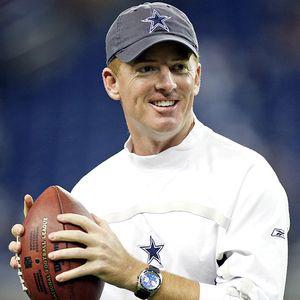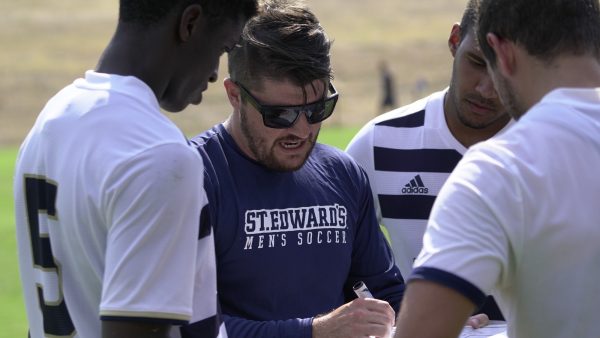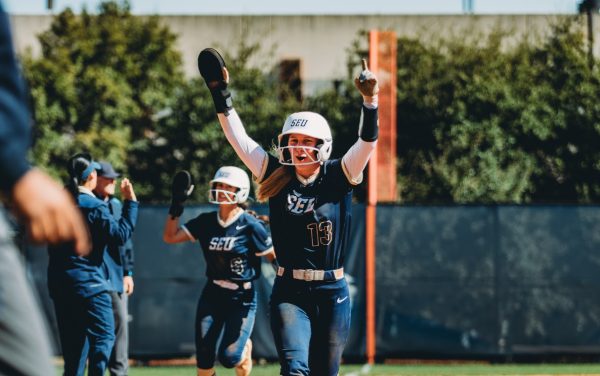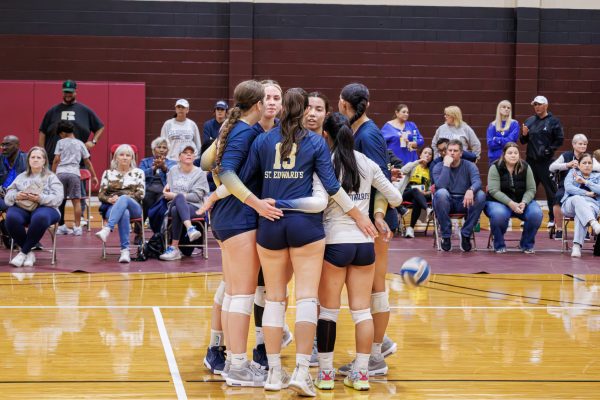Despite criticisms, Garrett the right man for Cowboys job

Dallas Cowboys Head Coach Jason Garrett
There’s a stubborn, ingrained arrogance to Dallas Cowboys fans that doesn’t fit with the team’s output over the last 16 years.
Eighteen different NFL franchises have played in the Super Bowl since Dallas’ last appearance in January 1996—a victory over Pittsburgh—and seven teams have made multiple visits since the increasingly remote heyday of Troy Aikman, Emmitt Smith and Michael Irvin.
Nonetheless, belief persists among a deluded base of Cowboy devotees that their team was entitled to the likes of Super Bowl champions Bill Cowher or Jon Gruden to fill their latest head coaching vacancy. As if coaches of that pedigree would even have you, Dallas.
The Cowboys are still wealthier in legacy and commercial appeal than most, despite their fluctuating decomposition as a football team over the last decade and a half. But nostalgia and marketing prowess alone are fool’s gold for a famed and sensible head coach with the resume to handpick his next venture. Consequently, owner Jerry Jones’ promotion of Jason Garrett from interim head coach and offensive coordinator to head coach shocked no one; and though it was a safe hire, lacking the flamboyance and splash of a Bill Parcells, it was certainly a viable move—his only move.
Garrett’s four-year ascent to the helm in Dallas is a textbook case of loyalty being rewarded. The legion of naysayers across Cowboy Nation who have denounced the hire as too “low-profile” or unimaginative evidently have short memories to accompany their short fuses: Garrett was designated a high-profile, coach-in-waiting himself and turned down attractive head coaching offers from Baltimore and Atlanta to remain in Dallas in 2008, in addition to having interviewed with Denver, Detroit and St. Louis since 2007. Though Garrett’s stock has dipped slightly from its apex in 2008—later that year, then-Cowboys receiver Terrell Owens questioned his play calling, and Baltimore safety Ed Reed called Dallas’ offensive scheme “predictable”—the former third-string backup to Troy Aikman remained in his mercurial owner’s good graces, never more so than during last season’s emergency tryout as interim head coach, during which Garrett guided Wade Phillips’ lame-duck 1-7 squad to a 5-3 finish.
Jones hailed Garrett as “one of our own” and cited his urgent desire for a systematic “culture change” within the organization at the Jan. 6 press conference where he introduced Garrett. Portrayals of that transformation were apparent once Garrett assumed control in early November. In departures from Phillips’ more-relaxed style, players donned full pads to Wednesday practices and jogged from drill-to-drill, and music was banned during stretching periods. Clocks were installed throughout the locker room to make tardiness inexcusable, and Garrett created a more professional dress code for road games.
Garrett has expressed his aim to recreate the atmosphere that was native to the Cowboy Super Bowl championship teams of the 1990s. Jimmy Johnson was the ringleader of two Cowboy teams Garrett played on, and his first coaching opportunity came on Nick Saban’s Miami Dolphins staff in 2005. Both Johnson and Saban are known as disciplinarians, and Garrett, by NFL upbringing, internal temperament, or both, appears to be of that same mold. An NFL Network report from Nov. 8, the day Garrett took over as interim head coach, relayed that many Cowboys players don’t like Garrett at all. The inverse was true with Phillips, who was universally liked. A healthy degree of resentment for Garrett may be an ironic prescription to rouse such a notoriously dysfunctional, undisciplined, and ostentatious bunch from the haze of a supremely embarrassing 2010 season.
On average, Jones fires a head coach every three years. You’ll know you have something special, Dallas—even Tom Landry-esque—if Garrett lasts beyond 2014.






